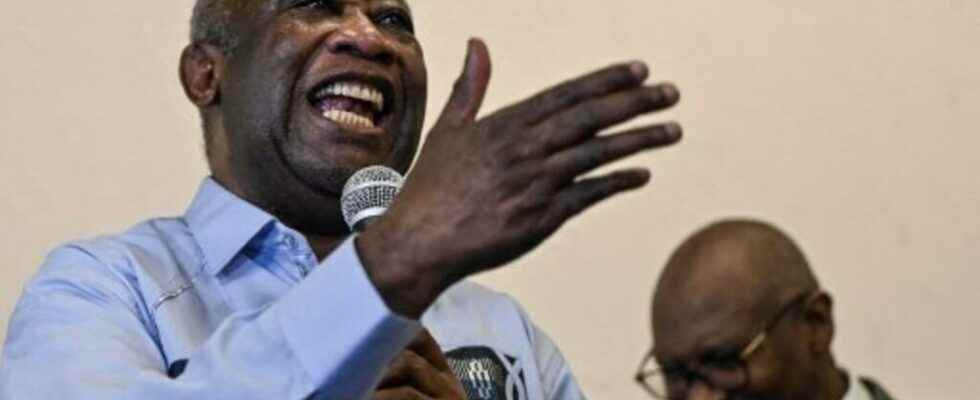The city of Côte d’Ivoire receives this Friday the former Ivorian head of state, eleven years after the violence of the post-election crisis of 2010-2011. During the civil war between the regime’s loyalist forces and the pro-Ouattara republican forces at the time, the regions of western Côte d’Ivoire were particularly marked by killings, with at least 1,000 dead according to the United Nations. More affected than other localities by the conflict, the city of Duékoué has become the symbol of this violence, where between 500 and 800 people have lost their lives.
With our special correspondent in Duékoué, Sidy Yansane
At least 500 dead according to the UN, more than 800 according to the International Committee of the Red Cross. Whatever the count, Duékoué remains deeply marked by the violence of the post-election crisis.
It was on March 29, 2011 that the city fell under the offensive of the Republican Forces of Côte d’Ivoire, supporting current President Alassane Ouattara. After the clashes against the elements of his then rival Laurent Gbagbo, the macabre toll shows at least 817 killed for this single day, according to the ICRC.
The victims are mainly from the Guéré ethnic group, considered pro-Gbagbo. Since then, each camp has passed the buck of the responsibility for these deaths, accusing in turn the soldiers of Ouattara, the militiamen of Gbagbo and the mercenaries from neighboring Liberia.
The visit of the former head of state to Duékoué stirs up painful memories in the country. His detractors accuse him of reawakening old demons likely to call into question the process of national reconciliation. For his part, Laurent Gbagbo’s spokesman speaks of a “ compassionate visit (…) without political consideration and pay tribute to the victims.
At the beginning of the week, the tension had risen a notch between the police and young people from the Carrefour district, after the inauguration of a commemorative stele, accompanied by a plaque evoking ” a genocide ” of ” France, the UN and the rebels “. A plaque since removed.
